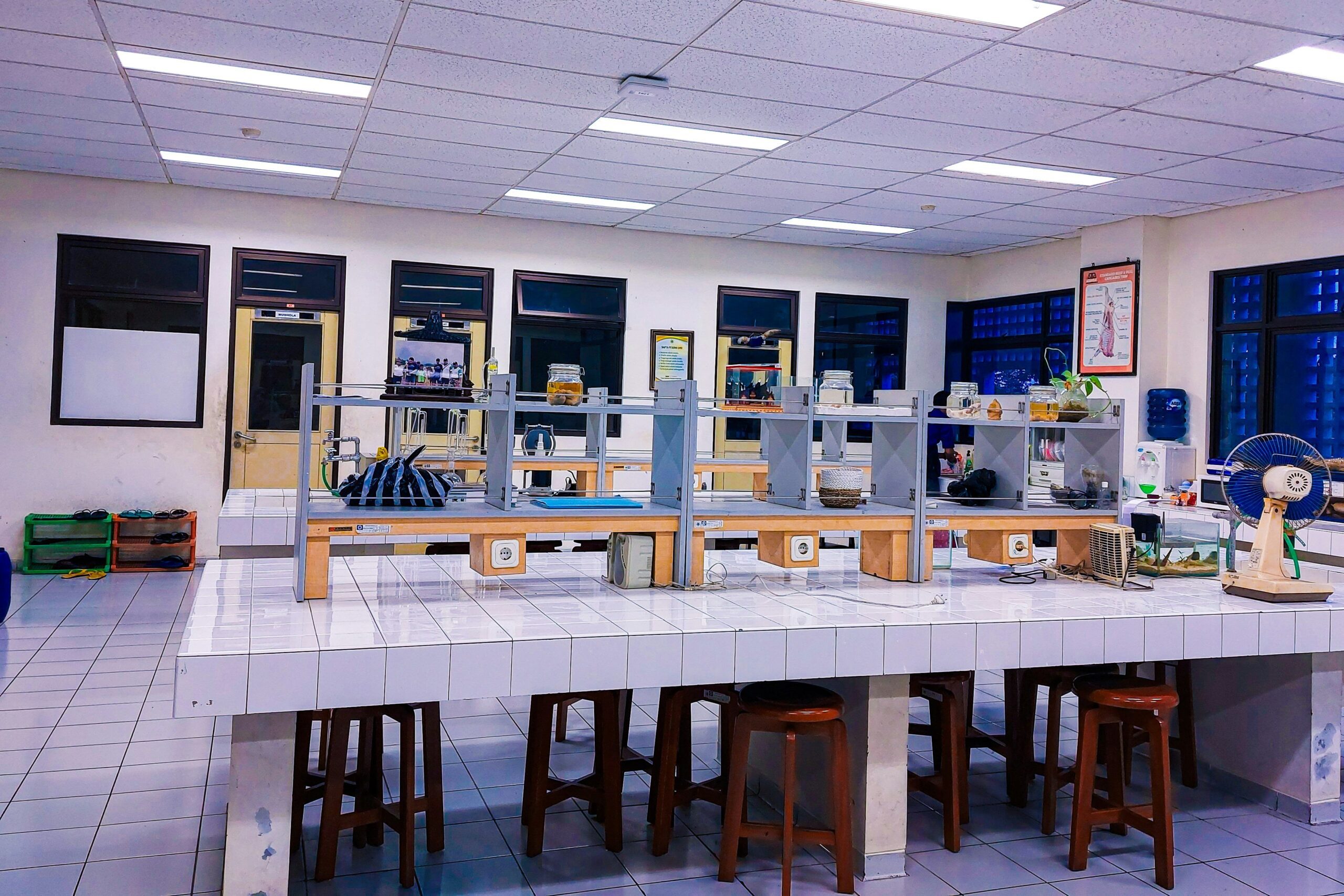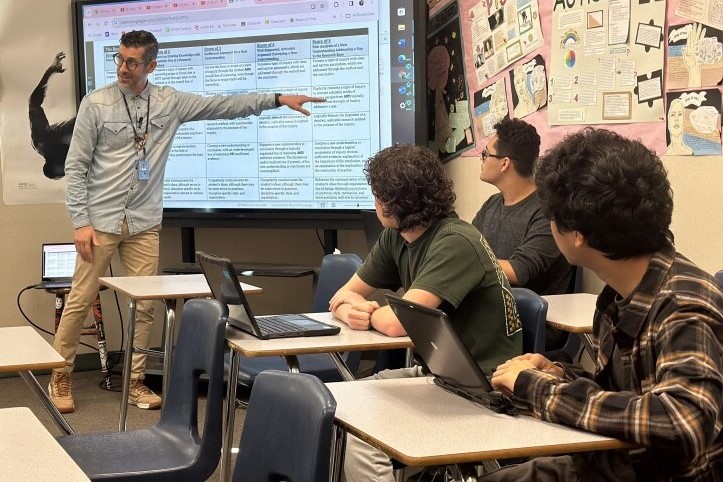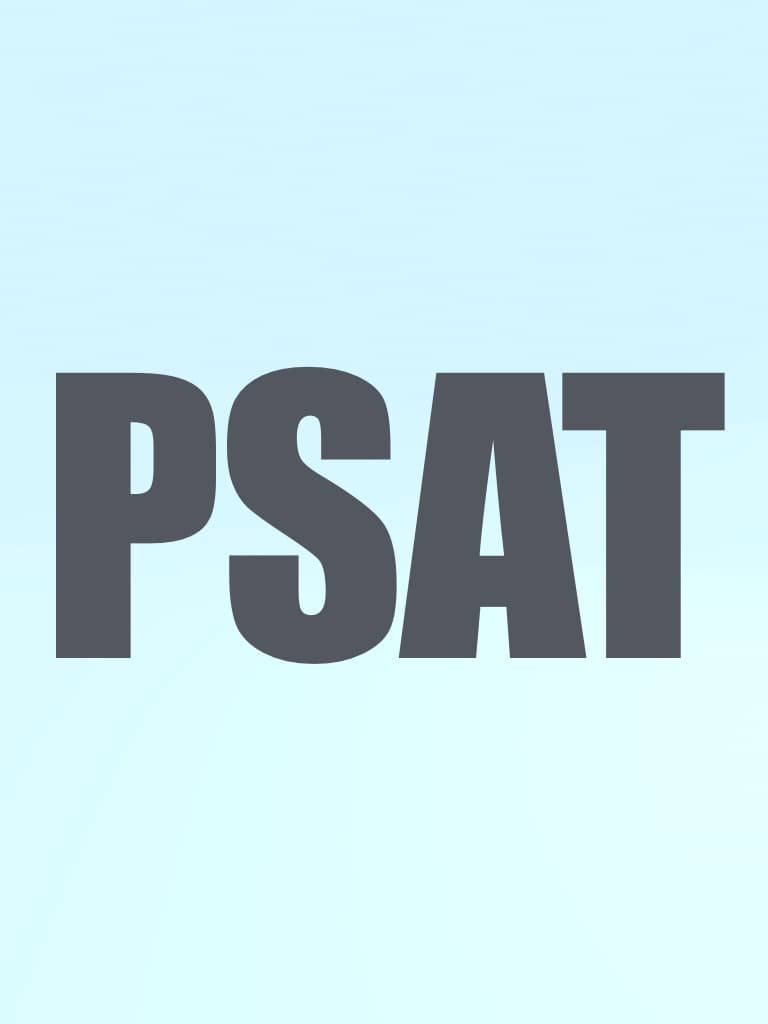Book Top High School Tutors
High School Guide: Subjects, Tests, and Academic Success Tips
Why High School Academics Matter
High school lays the foundation for college, career, and personal growth. Mastering academics helps students build critical thinking, problem-solving, and time management skills while preparing for college-level coursework and standardized tests. It’s also a time to explore subjects and discover interests that can guide future career paths.
Excelling academically opens doors to scholarships, honors programs, and AP courses that can earn college credit. Strong performance also builds confidence, helping students tackle challenges in both school and life. Investing effort now sets students up for long-term success and more opportunities in higher education and beyond.
Core Academic Subjects
English / Language Arts
Why it matters:
High school English/Language Arts (ELA) helps students develop essential communication and critical thinking skills. Beyond reading and writing, ELA teaches students to analyze ideas, construct logical arguments, and express themselves clearly—skills they will use in college, careers, and everyday life. Students also learn to interpret complex texts, understand different perspectives, and think creatively, all of which contribute to stronger problem-solving abilities and intellectual growth.
What it covers:
- Reading and analyzing literature and nonfiction
- Writing essays, research papers, and creative pieces
- Building vocabulary and understanding grammar
- Engaging in discussions and presentations to strengthen communication skills
Mathematics
Why it matters:
Mathematics develops logical reasoning, problem-solving skills, and analytical thinking that are essential for college, careers, and everyday life. High school math teaches students to work with abstract concepts, interpret data, and approach problems methodically, building a foundation for STEM fields and informed decision-making.
What it covers:
- Algebra I & II, Geometry, and Trigonometry
- Pre-Calculus and Calculus (including AP options)
- Statistics and Probability
Science
Why it matters:
Science teaches experimentation, observation, and critical analysis—skills essential for STEM careers, problem-solving, and informed decision-making. High school science encourages curiosity, logical reasoning, and the ability to draw evidence-based conclusions, preparing students for college-level science and everyday applications.
What it covers:
- Biology, Chemistry, and Physics
- Environmental Science and Earth Science
- Advanced Placement (AP) science courses for college credit
Social Studies
Why it matters:
Social studies helps students understand history, government, and economics, building the knowledge needed to become informed and active citizens. High school social studies also develops analytical thinking, the ability to evaluate different perspectives, and strong writing skills for expressing ideas clearly.
What it covers:
- U.S. History, World History, Civics/Government
- Economics and Geography
- AP courses such as AP U.S. History or AP European History
Foreign Languages
Why it matters:
Learning a second language improves communication skills, enhances cognitive development, and strengthens college applications. It also broadens cultural awareness, fosters adaptability, and gives students a competitive edge in a globalized world.
What it covers:
- Common options: Spanish, French, German, Chinese, Latin
- Advanced Placement (AP) language courses for potential college credit
How to improve:
Students can strengthen their language skills by practicing speaking and listening every day, using language apps and online resources, and immersing themselves in the language through books, music, or movies. Joining conversation groups or language clubs can provide real-world practice and feedback, helping students gain confidence and fluency over time.
Standardized Tests
As a high school student, tests like the PSAT, SAT, ACT, and AP exams may feel intimidating, but think of them as stepping stones toward your goals. The PSAT helps you practice and even qualify for scholarships, the SAT and ACT showcase your skills to colleges, and AP exams can earn you real college credit before you even graduate. Each one is an opportunity to show your growth, challenge yourself, and open new doors for your future.
SAT
Why it matters:
The SAT is a key factor in college admissions, measuring a student’s readiness for college-level work. It evaluates critical thinking, problem-solving, and analytical skills across multiple subjects, providing colleges with a standardized measure to compare applicants.
What it covers:
The SAT has a total testing time of 3 hours (or 3 hours 50 minutes with the optional essay, if offered). Its sections include:
- Reading (65 minutes): Comprehension of passages from literature, history, social studies, and science; interpreting meaning and analyzing evidence
- Writing and Language (35 minutes): Grammar, punctuation, sentence structure, and effective communication in context
- Math (80 minutes): Algebra, problem-solving and data analysis, advanced math including some trigonometry and pre-calculus concepts
- Optional Essay (50 minutes, if available): Analysis of a passage and coherent argument construction
ACT
Why it matters:
The ACT is another widely accepted college admissions test, measuring a student’s readiness for college by assessing critical thinking, problem-solving, and analytical skills across multiple subjects. Unlike the SAT, it also includes a science reasoning section, giving colleges a broader view of a student’s academic abilities.
What it covers:
The ACT has a total testing time of 2 hours 55 minutes (or 3 hours 35 minutes with the optional Writing section). Its sections include:
- English (45 minutes): Grammar, punctuation, sentence structure, and rhetorical skills
- Math (60 minutes): Algebra, geometry, trigonometry, and problem-solving
- Reading (35 minutes): Comprehension and analysis of passages from prose, social studies, and natural sciences
- Science (35 minutes): Interpretation, analysis, evaluation, reasoning, and problem-solving based on scientific information
- Optional Writing (40 minutes): Essay analyzing and evaluating perspectives on a given issue
PSAT/NMSQT
Why it matters:
The PSAT/NMSQT helps students prepare for the SAT and serves as the qualifying test for the National Merit Scholarship Program. It provides a standardized measure of skills in reading, writing, and math, giving students insight into areas to strengthen before taking the SAT.
What it covers:
The PSAT has a total testing time of 2 hours 45 minutes. Its sections include:
- Reading (60 minutes): Comprehension of literature, social studies, and science passages; analyzing evidence and meaning
- Writing and Language (35 minutes): Grammar, punctuation, sentence structure, and effective communication
- Math (70 minutes): Algebra, problem-solving, data analysis, and some advanced math concepts
Students typically take the PSAT in grade 10 or 11.
AP Exams
Why it matters:
AP (Advanced Placement) exams give high school students the chance to demonstrate mastery in specific subjects and potentially earn college credit. Strong performance on AP exams can strengthen college applications and allow students to place out of introductory college courses, saving time and tuition.
What it covers:
AP exams are subject-specific and correspond to the AP courses students take, typically in grade 11 or 12. Examples include:
- Math: Calculus AB/BC, Statistics
- Science: Biology, Chemistry, Physics, Environmental Science
- Social Studies / History: U.S. History, World History, Government, Economics
- English: English Literature and Composition, English Language and Composition
- Other Subjects: Computer Science, Art, Foreign Languages, Psychology, and more
Each AP exam is usually 2–3 hours long and includes multiple-choice questions, free-response questions, or a combination, depending on the subject.
How Tutoring Can Help
Tutoring provides personalized support to help students succeed in high school, whether it’s strengthening skills in core subjects, improving foreign language fluency, or preparing for standardized tests like the SAT, ACT, or AP exams. A tutor can clarify difficult concepts, offer targeted practice, and guide students on effective strategies, helping them build confidence, improve grades, and perform their best on tests—setting them up for long-term academic success.



















